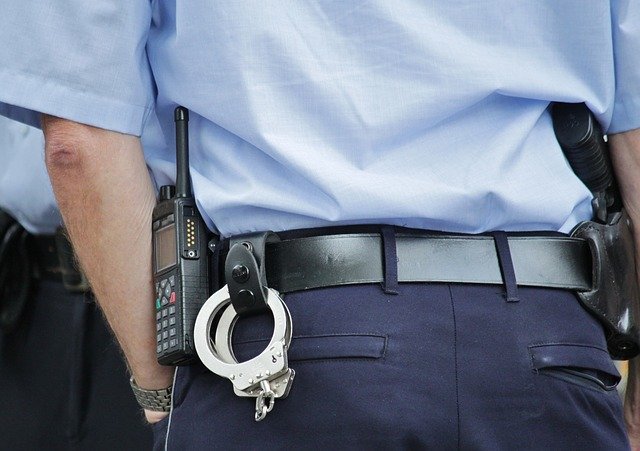There are times in law enforcement where individuals have taken hostages, are threatening harm to themselves or others, and have barricaded themselves in a refusal to give up. These can be volatile standoffs which can result in a loss of life if not handled carefully by crisis or hostage negotiators. Understanding what these trained professionals do can give you peace of mind and help you choose a career path.
Establish Contact
One of the first things that a negotiator will do on the scene is establish contact. If there is a landline available, law enforcement can work with the phone company to limit access to the barricaded individuals and the negotiator. In areas where a landline is not available, a crisis response throw phone system is used. These are phones connected to a hardline system and can easily be set up and carried by one person, usually delivered to the hostage-takers by SWAT teams.
Identify Demands
Once contact has been established, it is the job of crisis and hostage negotiators to identify the demands of those inside the barricade. This is where the negotiations start with, ideally, both sides coming to a peaceful resolution. Negotiation teams are made up of individuals with training in psychology, crisis intervention and incident management as well as active listening.
Resolve Standoffs
Every standoff and resolution will be different, but the negotiation team will have the same goal of finding a way to end the situation without anyone dying. They will gather information through various sources to get a better picture of what can happen and what has led up to this point. The interference of well-intentioned and untrained individuals can hamper this effort and is actively avoided.
Negotiation teams work to resolve standoffs without loss of life. These can include hostage-taking, suicide attempts and barricade situations, with the first receiving the bulk of media attention. Handling each situation in one standard way can lead to disaster because every standoff involves unique people with varying demands and should be handled by those with the necessary training and experience.



